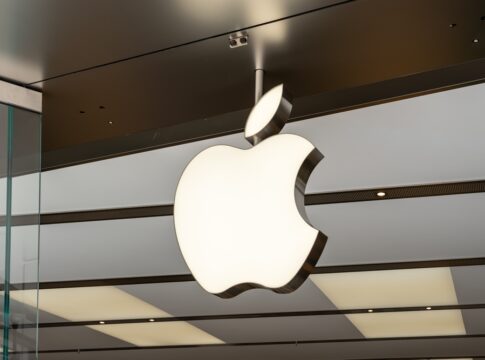An important development has emerged for Apple users with the tech giant agreeing to a class action settlement. The lawsuit alleges that Siri activated itself, recording users’ conversations without consent. How are user rights protected against unintentional privacy infringements?
The Lawsuit and Compensation
The class action lawsuit emerged because of concerns that Siri was inadvertently recording user conversations due to mishearing its activation “wake word.” Despite Apple denying any wrongdoing, the company has acknowledged privacy lapses and agreed to a $95 million settlement to address these concerns. The settlement applies to Siri-enabled devices used from September 17, 2014, to December 31, 2024, allowing eligible users to claim up to $20 per device, for up to five devices, potentially receiving $100 compensation.
This development raises significant questions about privacy standards and regulatory responses. Apple, without admitting liability, issued an apology and highlighted an intention to rectify these inadvertent breaches of user privacy. Their step to settle for $95 million is viewed by some as a drop in the ocean concerning Apple’s immense profit margins. However, it still represents a meaningful victory for user privacy in the burgeoning tech landscape.
Apple agreed to pay $95 million in cash to settle a proposed class action lawsuit claiming that its voice-activated Siri assistant violated users' privacy https://t.co/rR6GcKPpWO pic.twitter.com/HIQ9WKaqAh
— Reuters (@Reuters) January 3, 2025
Implications for Privacy and Technology
As technology becomes increasingly integrated into daily lives, privacy concerns are magnified. Apple’s use of third-party contractors to improve Siri through analyzing recorded snippets highlights a grey area between service enhancement and privacy invasion. The reviewed audio wasn’t tied to individual identities, but it underscores a critical concern about privacy in the digital age. It prompts the need for more transparent privacy protocols and robust policies to safeguard user data.
This settlement, although it has yet to receive judicial approval, has the potential to set a precedent in how tech companies handle sensitive user information. With growing vigilance over privacy rights, both companies and users must reassess the balance between technological advancement and personal privacy. The decision of U.S. District Judge Jeffrey White will be pivotal in this context, determining the settlement’s implications on the tech sector and beyond.
Apple has agreed to pay $95 million to settle a lawsuit accusing them of using Siri to eavesdrop on customers and Apple then sharing that information with advertisers.
The suit alleges victims didn’t even have to say, “Hey Siri.”
A judge still needs to approve the settlement… pic.twitter.com/5lvH2Gs2mK
— Paul A. Szypula 🇺🇸 (@Bubblebathgirl) January 4, 2025
The Road Ahead: Privacy Concerns and User Rights
The Apple Siri privacy lawsuit opens up broader discussions regarding not only accountability but also the standards expected from tech companies. Users are entitled to know how their data is utilized and have assurances their privacy will not be compromised. Going forward, this case could instigate both legislative and industry shifts towards more stringent privacy measures.
Technology is evolving at breakneck speed, and with it, the complexity of protecting personal information grows. As the lawsuit proceeds through the legal timeline, both companies and users are watching closely for developments that may influence future policy decisions.


